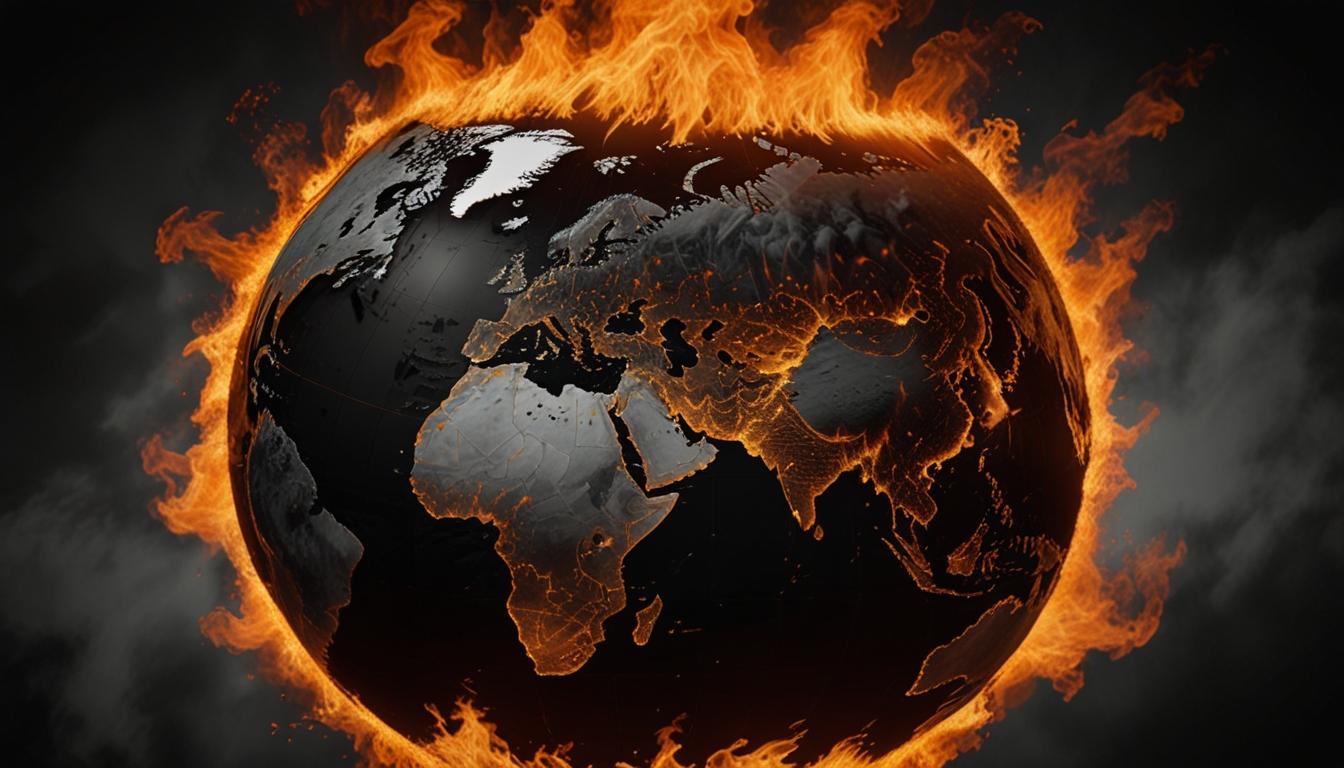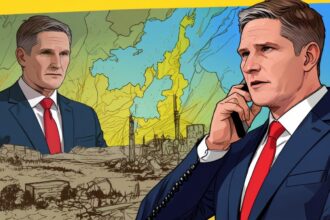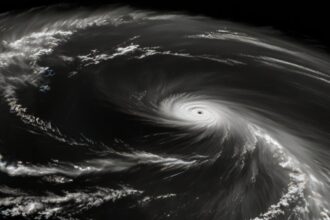The convergence of ultranationalism and escalating climate crises is reshaping political landscapes globally, as far-right groups exploit climate chaos to advance anti-immigrant agendas. Recent electoral gains in France and similar trends in Europe and the USA highlight the intricate link between radical political sentiments and extreme weather events.
Political and environmental landscapes are increasingly intertwined, with the rise of ultranationalism coinciding with escalating climate crises. Democracies worldwide are under strain as traditional political systems grapple with instability induced by severe weather conditions and environmental degradation.
In France, the far-right made significant electoral gains in a recent snap parliamentary election, surpassing mainstream political parties. Similar trends echo across Europe and the USA, where right-wing figures capitalize on the chaos caused by climate issues to push anti-immigrant and isolationist agendas. Former President Donald Trump and UK politician Nigel Farage exemplify this tactic, as they eye resurgences in respective political spheres.
Climate-induced disasters continue to escalate. Over a thousand Hajj pilgrims recently succumbed to heatstroke in Mecca, temperatures in Delhi reached fatal highs, and record floods hit various global regions. This spike in extreme weather aligns with the rise of radical political sentiments.
Central banks have started to rethink monetary policies in light of these challenges. The inflation shocks of recent years caught many off guard, sparking debate on whether loose monetary policies pre-COVID were appropriate. Critics argue for patience and strategic adjustments, suggesting that fiscal and structural interventions might better manage energy and food price shocks.
As central banks prepare to lower interest rates, there is a call for increased investment in green technologies. Proposed initiatives include incentivizing renewable energy projects to mitigate future climate impacts exacerbated by rising rates.
Overall, the intersection of climate stress and political upheaval underscores the need for comprehensive strategies to address both immediate and long-term challenges.













